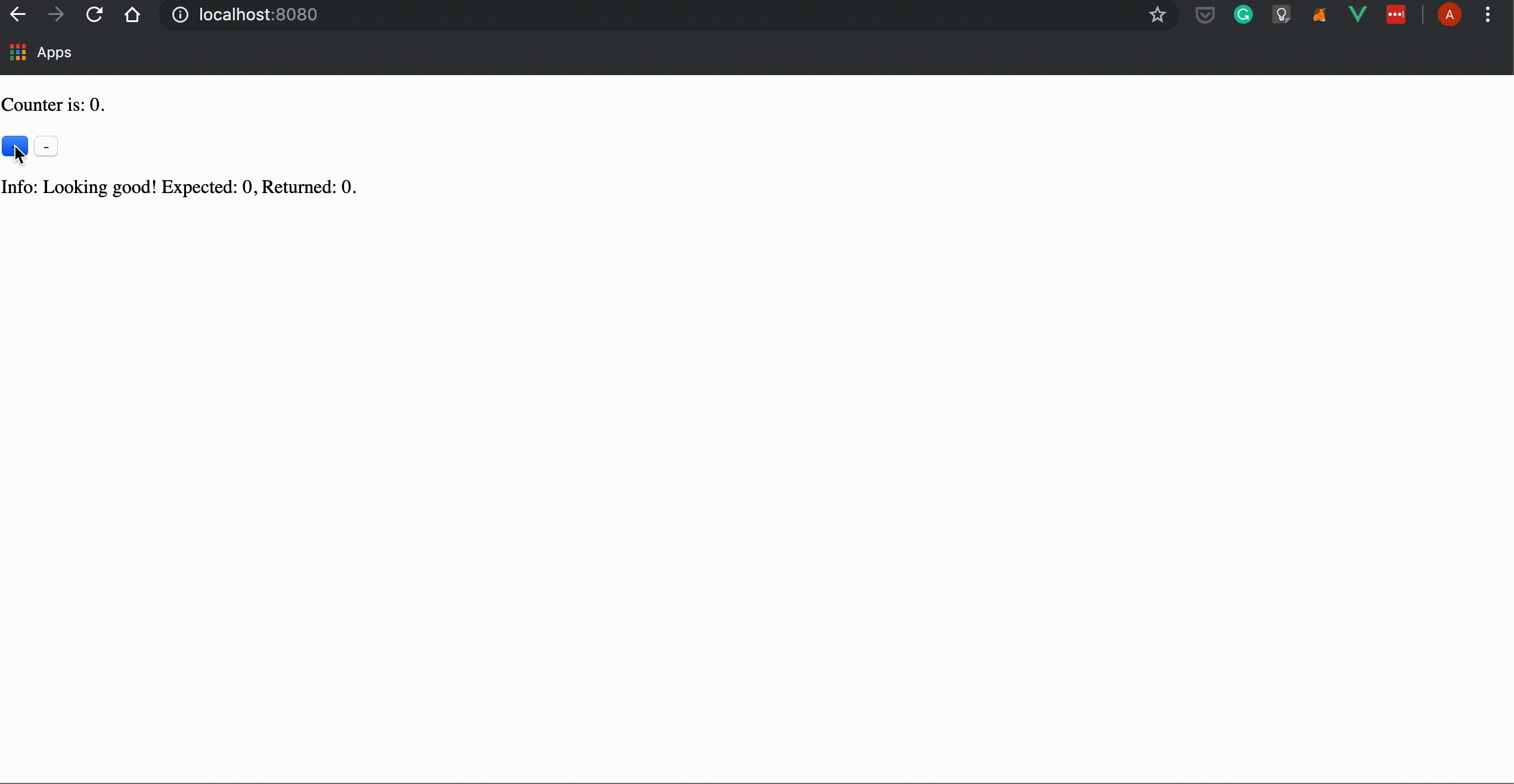

To get started with Solidity + Truffle
See our tutorial on Truffle and Solidity
To get started with Golang Contracts
See our Golang Contracts
To get started with universal transaction signing
Basechain has the ability to verify and accept transactions signed by native Ethereum wallets. In a nutshell, users can simply use their MetaMask account or any other native Ethereum wallet — further blending the line between Layer 1 and Layer 2.
In the next sections, we'll briefly walk you through the setup required to enable universal transaction signing in your app.
Connecting to Extdev Testnet
The first thing we want to do is to instantiate a new Client:
_createClient () {
const chainId = this.extdevConfig['chainId']
const writeUrl = this.extdevConfig['writeUrl']
const readUrl = this.extdevConfig['readUrl']
const client = new Client(chainId, writeUrl, readUrl)
return client
}
Pretending to be Metamask
Once the client gets instantiated, we must force personal sign by pretending to be MetaMask no matter what the web3 provider actually is:
const ethProvider = web3js.currentProvider
ethProvider.isMetaMask = true
Setting Up a Signer
Next, let's setup a a signer and then get the callerAddress (that is your address on Ethereum or Rinkeby):
async _setupSigner (loomClient, provider) {
const signer = getMetamaskSigner(provider)
const ethAddress = await signer.getAddress()
const callerAddress = new Address('eth', LocalAddress.fromHexString(ethAddress))
loomClient.txMiddleware = [
new NonceTxMiddleware(callerAddress, loomClient),
new SignedEthTxMiddleware(signer)
]
return callerAddress
}
This allows us to create the default set of tx middleware required to successfully commit transactions to Loom.
Creating a Temporary Loom Provider
Now, we can create a temporary provider for Loom:
async _createLoomProvider (client, callerAddress) {
const dummyKey = CryptoUtils.generatePrivateKey()
const publicKey = CryptoUtils.publicKeyFromPrivateKey(dummyKey)
const dummyAccount = LocalAddress.fromPublicKey(publicKey).toString()
const loomProvider = new LoomProvider(
client,
dummyKey,
() => client.txMiddleware
)
loomProvider.setMiddlewaresForAddress(callerAddress.local.toString(), client.txMiddleware)
loomProvider.callerChainId = callerAddress.chainId
// remove dummy account
loomProvider.accounts.delete(dummyAccount)
loomProvider._accountMiddlewares.delete(dummyAccount)
return loomProvider
}
Note that we're using a dummy key and, once LoomProvider and instantiated and the middlewares are added, it is no longer needed.
Checking Mappings
At this point, we want to check if your Ethereum account has been already mapped:
let accountMapping = await this._loadMapping(callerAddress, client)
if (accountMapping === null) {
console.log('Create a new mapping')
const signer = getMetamaskSigner(ethProvider)
await this._createNewMapping(signer)
accountMapping = await this._loadMapping(callerAddress, client)
console.log(accountMapping)
} else {
console.log('mapping already exists')
}
Here's how the function that check if a mapping exists looks like:
async _loadMapping (ethereumAccount, client) {
const mapper = await AddressMapper.createAsync(client, ethereumAccount)
let accountMapping = { ethereum: null, loom: null }
try {
const mapping = await mapper.getMappingAsync(ethereumAccount)
accountMapping = {
ethereum: mapping.from,
loom: mapping.to
}
} catch (error) {
console.error(error)
accountMapping = null
} finally {
mapper.removeAllListeners()
}
return accountMapping
}
Adding a New Mapping
If a mapping doesn't exist we'll add it with:
async _createNewMapping (signer) {
const ethereumAccount = await signer.getAddress()
const ethereumAddress = Address.fromString(`eth:${ethereumAccount}`)
const loomEthSigner = new EthersSigner(signer)
const privateKey = CryptoUtils.generatePrivateKey()
const publicKey = CryptoUtils.publicKeyFromPrivateKey(privateKey)
const client = this._createClient()
client.txMiddleware = createDefaultTxMiddleware(client, privateKey)
const loomAddress = new Address(client.chainId, LocalAddress.fromPublicKey(publicKey))
const mapper = await AddressMapper.createAsync(client, loomAddress)
try {
await mapper.addIdentityMappingAsync(
ethereumAddress,
loomAddress,
loomEthSigner
)
client.disconnect()
} catch (e) {
if (e.message.includes('identity mapping already exists')) {
} else {
console.error(e)
}
client.disconnect()
return false
}
}
Again, note that once the mapping is created, the private key is not needed anymore.
Instantianting the contract
For the scope of this example, we are using the SimpleStore smart contract. Instantiating it is as simple as:
async _getContract () {
this.contract = new this.web3loom.eth.Contract(SimpleStoreJSON.abi, SimpleStoreJSON.networks[this.extdevConfig['networkId']].address)
}
Universal transaction signing in action
Now, to execute the set method of our smart contract, we can do something like this:
async _setValue () {
const ethAddress = this.accountMapping.ethereum.local.toString()
const value = parseInt(this.counter, 10)
await this.contract.methods
.set(value)
.send({
from: ethAddress
})
}
If everything works well you should see a Metamask popup asking you to confirm the transaction:

Note that you just signed transactions on Loom without even accessing your eth wallet keys😉.
Demo Project
We've built a small demo project to showcase this functionality. The source code is available here.
Other Wallets
If you use Portis or Fortmatic, head over to this page.